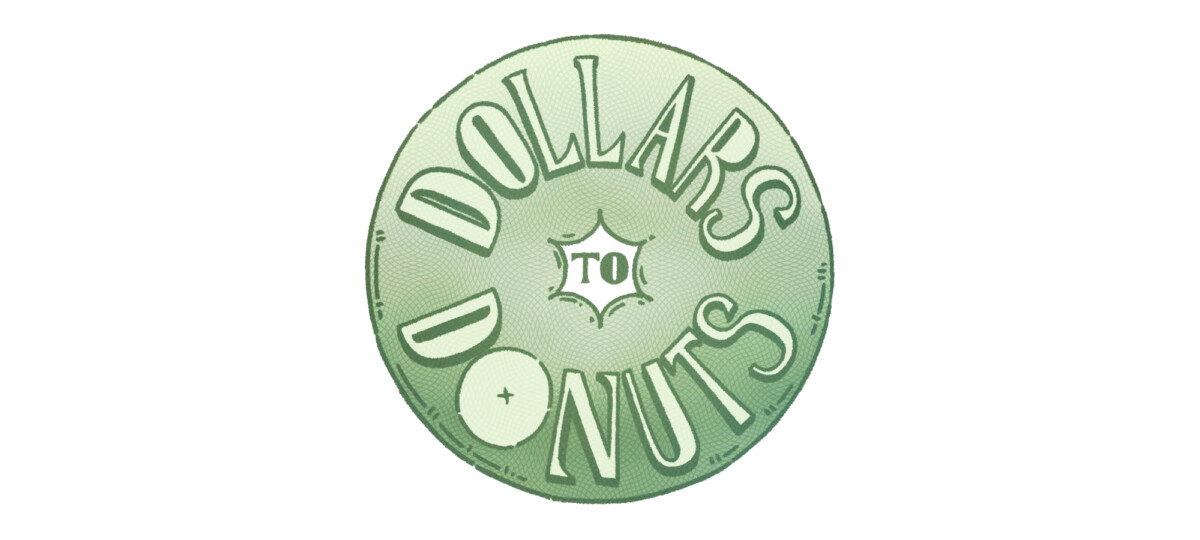How did a novel idea meant to benefit artists and creators become a frenzy of people clamoring over each other for pictures of punk monkeys in a $17.6 billion industry?
Ah, the whimsical world of NFTs (Non-Fungible Tokens). At the height of their popularity, people were trading digital pixels loosely resembling apes for a staggering US$2.8 billion a month. Fast forward to July 2023 and the NFT market has come down from the clouds, now hovering around a mere 3 per cent of its former glory.
At its core NFTs were initially created to establish digital ownership and authenticity. Meant to act as digital certificates, built on blockchain technology, they were designed to certify the originality and ownership of digital assets, ranging from art and collectibles to in-game items.
NFTs are less about the actual art, song, or image and more about being a digital proof of ownership. They’re like a virtual badge that says, “Hey, I’m the real owner of this unique digital thing!” So, while you can still enjoy the art or music, the NFT’s main job is to make sure nobody can fake or copy your ownership. It’s like having a digital key that unlocks the real deal in the virtual world.
Beyond verifying ownership, they empower artists to maintain greater control over their work. Artists can use NFTs to tokenize their creations, ensuring that they get a fair share of any future revenue generated from their art.
This means that as their work gains value over time, they continue to benefit from it, providing financial security and recognition for their talent. Somehow this concept devolved into a frenzy of uninformed, FOMO-driven investors, yeeting their life savings on pictures of punk monkeys.
Matthew Hougan, Chief Investment Officer at Bitwise Asset Management, sees potential for NFTs to transcend their initial hype. He believes that the second generation of NFT technology will make its way into the real world within the next two to three years. Hougan remains optimistic about the broader NFT ecosystem, even as trading volumes have dwindled.
That’s all well and good, but it turns out that today 95% of the 73,000 NFT collections we examined are essentially worthless. We went from buying and selling million-dollar pixel art made on MS Paint when the NFT market was worth a jaw-dropping US$17.6 billion to… well, nothing. It’s safe to say that not every pixel is a Picasso.
Then there’s the curious case of supply and demand. Less than a quarter of all NFTs are actually ever bought, leaving a whopping 79 per cent of collections collecting dust on a USB somewhere. It’s almost as if people finally realized that buying a cartoon cheeseburger won’t satisfy their hunger. Who knew?
But wait, there’s more! It turns out the listed NFT prices often differ significantly from their actual selling prices, leading to a speculative market that’s reminiscent of the wild, unpredictable days of the early internet.
However, not all hope is lost. The future promises a shift from speculative buying to genuine utility and significance. Forget about million-dollar pixel art—NFTs are branching out into preserving cultural heritage, where they digitize and protect historical artifacts.
They’re also infiltrating the gaming industry by enabling true ownership of in-game assets. Moreover, NFTs offer token-gated access to exclusive content, fractional ownership opportunities in real estate and high-value assets, and secure digital identities, reshaping the way we engage with digital culture.
It’s like the NFT market is finally growing up and realizing it has more to offer than just digital trinkets.
When it comes to NFT as an investment, Hougan suggested considering cryptocurrencies like Ethereum or companies actively engaged in the NFT space, such as Nike, which has already earned an impressive US$185 million in NFT revenue.
Ultimately, NFTs are undergoing a much-needed transformation, akin to the dot-com bubble burst that ultimately paved the way for the digital revolution. So whether you’re an investor, creator, or simply an amused bystander, keep an eye on the NFTs that bring real value and purpose to this quirky digital universe.
After all, it’s not just about buying and selling psychedelic monkey JPEGs—it’s about making the virtual world a bit more useful and slightly less bizarre.
